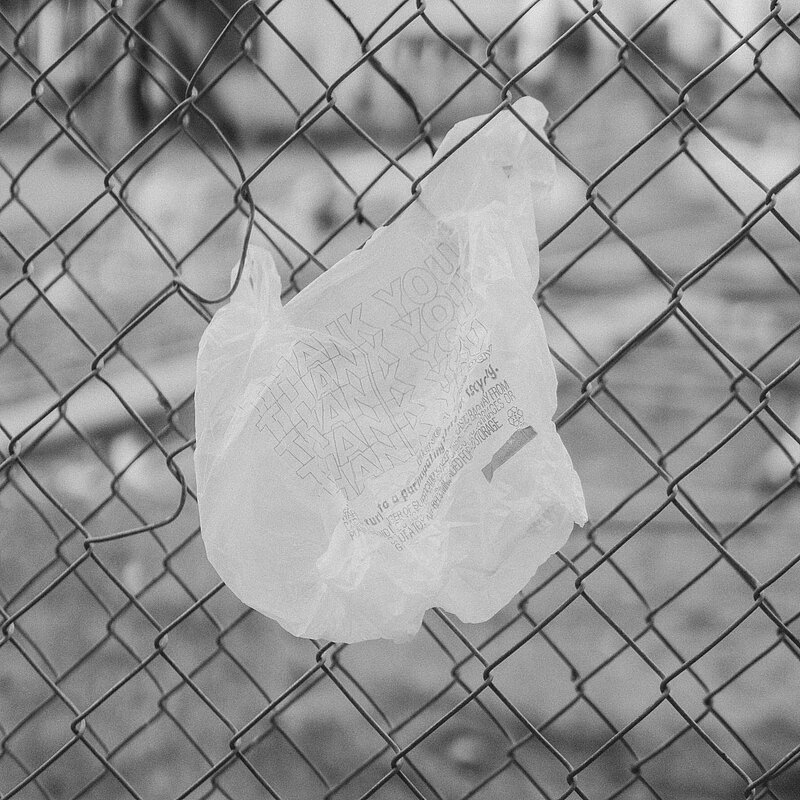Plastic Packaging Act 2022 – A Conclusion
The German Packaging Act 2022 is a significant step forward in the country's efforts to reduce plastic waste and promote sustainability. The act requires manufacturers and retailers to take responsibility for the packaging they produce and sell, and it sets ambitious targets for reducing packaging waste. How has the first year of the act been?
The German Packaging Act 2022 came into effect on January 1, 2022. One of the key provisions of the act is the introduction of a "dual system" for managing packaging waste. Under this system, producers and retailers must either join a state-approved recycling company or establish their own in-house system for collecting and recycling packaging. This means that companies are now directly responsible for ensuring that their packaging is recycled, rather than relying on local authorities to do so. This shift in responsibility has been welcomed by many as a more effective way of managing packaging waste and ensuring that it is recycled.
Another important aspect of the act is the requirement for packaging to be made from a minimum of 60% recycled material by 2025. This is a significant increase from the previous requirement of 30%, and it represents a major step forward in reducing the use of new plastic and promoting the use of recycled materials. This requirement has prompted many companies to rethink their packaging materials and processes, and to explore new technologies and innovations in order to meet the target.
One of the challenges of implementing the German Packaging Act 2022 has been the need to build infrastructure and capacity for recycling. In some areas of the country, there is limited access to recycling facilities, and companies have had to invest in new equipment and processes to meet the requirements of the act. This has required significant investment and coordination, and some companies have reported difficulties in finding suitable recycling partners or establishing their own in-house systems.
Retailers have generally supported the goals of the Plastic Packaging Act, as they recognize the negative impact that plastic waste can have on the environment. Many retailers have already taken steps to reduce their own plastic usage and have encouraged their suppliers to do the same.
Producers, on the other hand, have had a more mixed reaction to the Plastic Packaging Act. Some have welcomed the opportunity to reduce their environmental impact and have worked to find alternatives to plastic packaging. Others have raised concerns about the potential cost and logistical challenges of complying with the legislation.
One of the main challenges for producers has been finding suitable alternatives to plastic packaging. Many products, such as food and household goods, require packaging to protect them during transportation and storage. While there are alternative materials available, such as paper and cardboard, these may not always be suitable for all products.
Despite these challenges, many producers have made significant progress in reducing their plastic usage. Some have switched to using recycled plastic, while others have developed packaging made from biodegradable materials.
However, the overall experience of implementing the German Packaging Act 2022 has been positive. Many manufacturers and retailers have embraced the opportunity to reduce their environmental impact and are working hard to meet the targets set by the act. The act has also been well-received by consumers, who are increasingly aware of the need to reduce plastic waste and support sustainable practices.
The German Packaging Act 2022 is a landmark piece of legislation that sets an ambitious course for reducing plastic waste and promoting sustainability. While there have been some challenges in implementing the act, the overall experience has been positive and it is clear that the act is having a positive impact on the country's efforts to tackle plastic pollution. The act serves as a model for other countries looking to address the issue of packaging waste and promote sustainability, and it is likely to have a lasting impact on the way packaging is produced and managed in Germany.


